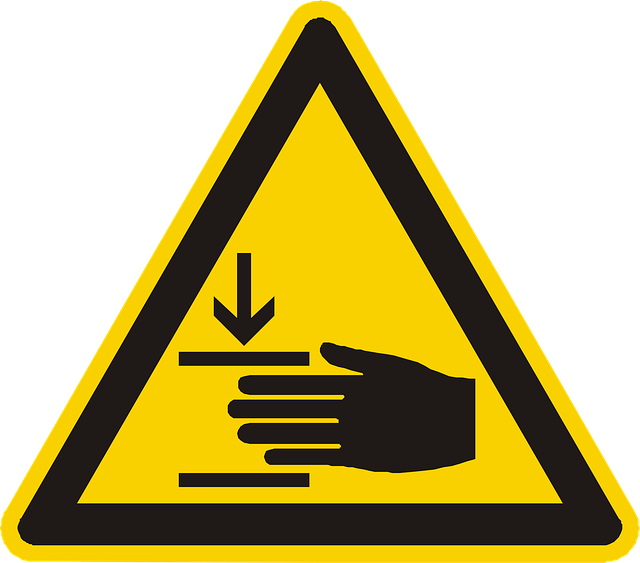Dog bite laws vary globally due to differing precedents, culture, and history, affecting liability, proof requirements, and compensation. Understanding these local laws is crucial for navigating complex cases involving serious injuries or elder abuse. Key factors in establishing liability include the dog's history of aggression, owner negligence in controlling the dog, location and circumstances of the bite, and victim provocation. Victims seeking compensation should understand specific dog bite laws in their jurisdiction, which generally hold pet owners accountable for damages. Dog bite cases often involve clear liability based on established legal principles.
Dog bites can lead to severe injuries and significant legal complexities. Navigating complex liability under dog bite laws varies widely across jurisdictions, making it crucial for victims and legal professionals to understand these nuances. This article explores key aspects of dog bite law, including jurisdiction variability, elements establishing liability, and legal recourse available to victims. By delving into these areas, we aim to provide a comprehensive guide to help individuals and lawyers navigate the intricate world of dog bite laws effectively.
- Understanding Dog Bite Law Jurisdiction and Variability
- Key Elements in Establishing Liability for Dog Bites
- Legal Recourse and Compensation for Victims of Dog Attacks
Understanding Dog Bite Law Jurisdiction and Variability

Dog bite laws vary significantly across different jurisdictions, making it crucial for individuals to understand the legal framework in their region. These laws are designed to balance the rights and responsibilities of pet owners, victims, and the community at large. The variability stems from differing interpretations of precedent, cultural attitudes towards dogs, and historical legal principles. This means that what constitutes a dog bite liability case, the burden of proof required, and the level of compensation for victims can vary widely. For instance, some states have strict liability laws that automatically hold pet owners responsible for bites, while others require proof of negligence or vicious propensities.
Knowing these variations is essential for several reasons, especially when dealing with complex cases involving serious injuries or even elder abuse. In the event of a dog bite, understanding the local dog bite law can significantly impact the outcome and compensation for victims. It also plays a role in insurance claims and civil litigation, as different jurisdictions may have distinct rules regarding liability, evidence requirements, and damage caps. This knowledge is particularly pertinent when considering potential legal actions following truck accident injuries or other incidents involving dogs, ensuring that all aspects of a case are handled within the context of applicable dog bite laws.
Key Elements in Establishing Liability for Dog Bites

When establishing liability for dog bites under dog bite laws, several key elements come into play. Firstly, it’s crucial to determine if the dog had a history of aggressive behavior or was known to be dangerous. This can often be established through witness accounts, local records, or previous incidents involving the same dog. Additionally, proving that the owner was negligent in controlling or managing their dog is essential. Negligence may include failing to properly secure or confine the dog, allowing it to roam freely without supervision, or not providing adequate training or socialization for the animal.
Another important factor is the location and circumstances of the bite. Dog bite laws often vary based on whether the incident occurred on private property or in a public space. Moreover, if the victim was provoked or contributed to the attack, it might impact liability. Unlike cases of slip and fall or auto accident injuries where fault is more straightforward, dog bite cases require a careful examination of these elements to determine legal responsibility. Employment contracts may also play a role if the dog belongs to an employer who fails to implement proper safety measures for their employees’ well-being.
Legal Recourse and Compensation for Victims of Dog Attacks

When a dog attack occurs, understanding legal recourse is vital for victims seeking compensation. Dog bite laws vary by jurisdiction, but they generally hold pet owners accountable for damages caused by their animals. This includes medical expenses, pain and suffering, and in some cases, punitive damages against negligent owners.
Victims may pursue legal action through personal injury claims, ensuring fair compensation for physical injuries and emotional distress. Unlike scenarios like employment disputes or partnership disagreements, dog bite cases often involve clear liability based on established legal principles. Similarly, while auto accident injuries require a different legal approach, the principle of compensating victims for harm remains consistent in dog bite cases when negligence is proven.
Dog bite laws vary significantly across jurisdictions, making it crucial for victims to understand their rights and options. By grasping the key elements that establish liability and exploring available legal recourse, individuals can navigate complex dog bite law landscapes effectively. This knowledge empowers them to seek appropriate compensation and justice in the event of a dog attack, ensuring fairness and accountability.






